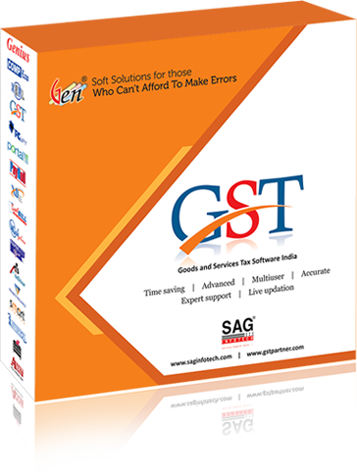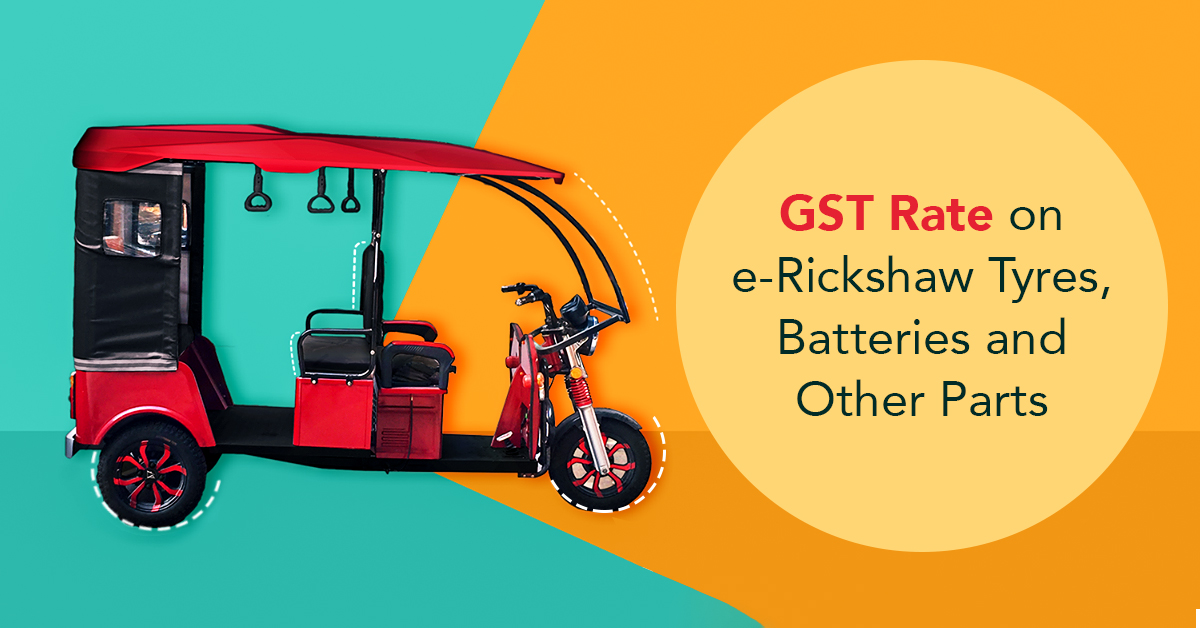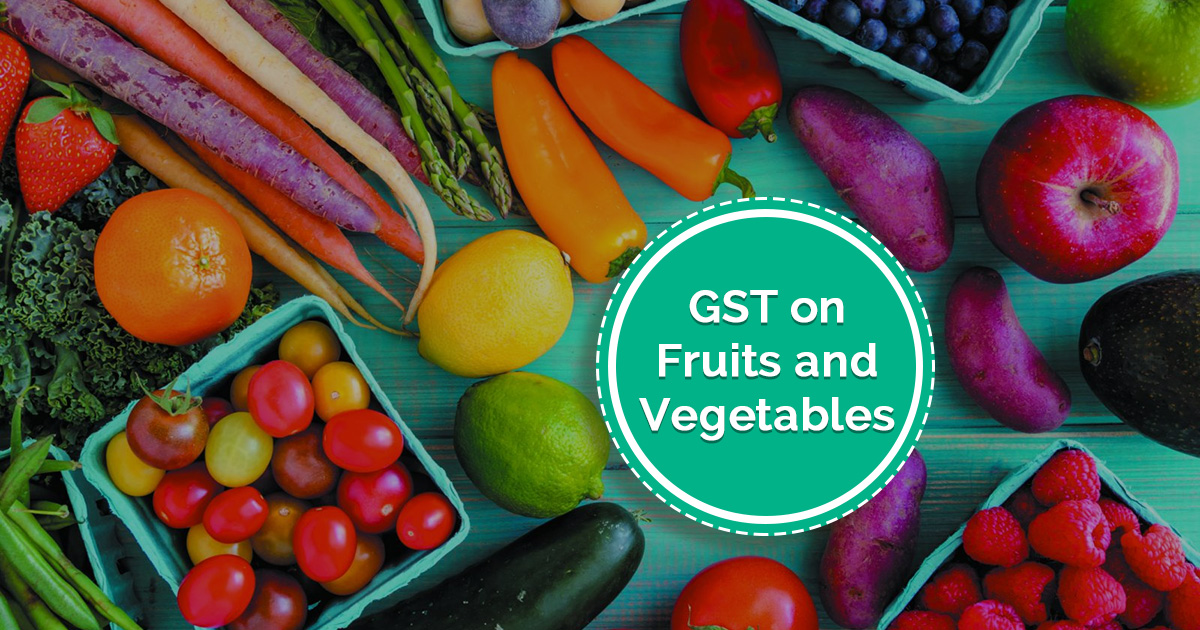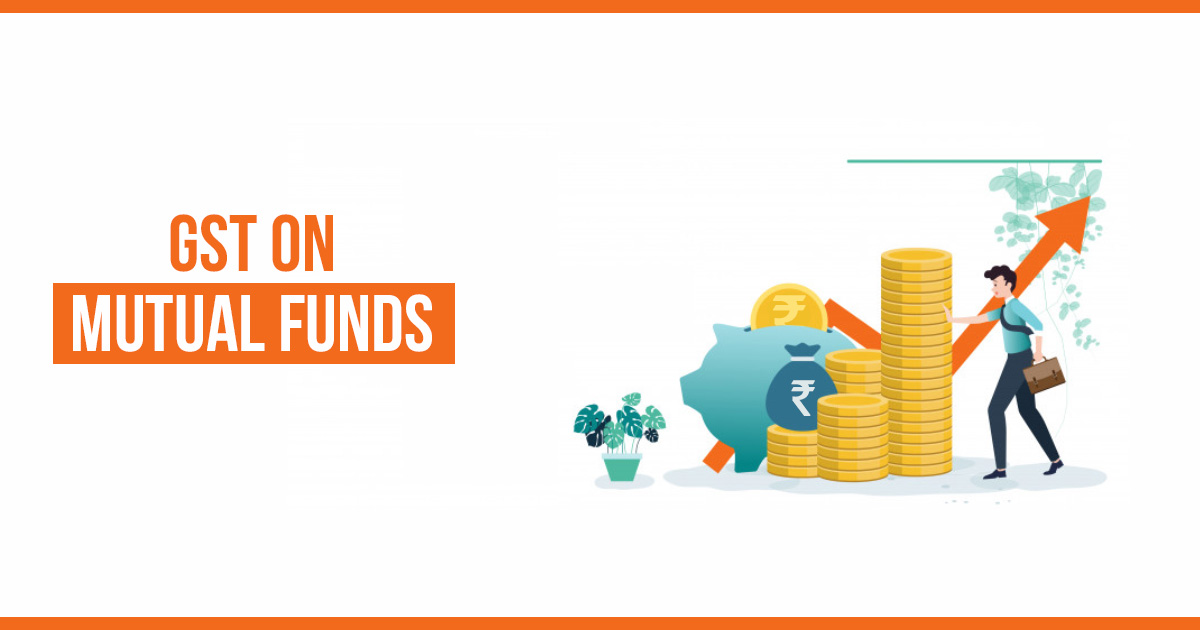The Goods and Services Tax (GST) launch in July 2017 in India is a consumption-based indirect tax that is levied on the supply of certain services and goods. The supply (sale) of e-rickshaw and its parts such as e-rickshaw tyres, batteries, etc are also under the GST cover and taxable accordingly. In this article, you will find out details about GST and its impacts on the supply of e-rickshaws, tyres and other parts of e-rickshaws in India.
Contents
What is an e-Rickshaw?
An e-rickshaw is an electric three-wheeler vehicle which takes its power from electricity rather than traditional fuels such as petrol, CNG and diesel. E-rickshaws and mostly manufactured in India and China and preferred because of the low fuel cost.
GST on e-Rickshaw
As per the latest GST rate list released by the Indian government, the GST rate on e-rickshaws and other electric vehicles is 5 per cent, from 1st August 2019.
Impact: E-rickshaws, along with other electric vehicles, are being taxed at the lower GST rate of 5%, which supports the government’s plan to promote the use of electric vehicles in India. This is also in line with the budget of e-rickshaw buyers and operators, which mostly include poor and lower-middle-class citizens of the country.
Recommended: GST effect on common man
GST on e-Rickshaw Tyres
The rate of GST on e-rickshaw tyres is 28%, higher than the GST on e-rickshaws. This is a problem for e-rickshaw operators in the country, as this increases the cost of operation for them.
Impact and Actions
The 28% GST on e-rickshaw tyres increases the cost of these vehicles. It seems unfair to include e-rickshaws, which are mostly used by poor men as a source of livelihood, in the GST rate category of royal items such as gambling, digital cameras, betting, tobacco, motor vehicles (cars), etc.
Many protests have been held and applications have been filed with the government to reduce the GST rate on e-rickshaw tyres to 5 per cent, the same as other “three-wheeled powered cycle rickshaws”. However, these were rejected on the ground that e-rickshaws do not have the option to run without the motor and therefore cannot be included in the 5% GST category. Now 5% reduced rate is liable from 1st August 2019.
Read Also: AAR: Now Vehicle Owners Pay 18% GST on Pollution Certificate
GST on e-Rickshaw Battery
As on May 2018, GST on batteries used in electric vehicles is 28 per cent, while the GST rate on the sale of complete e-vehicles with batteries is 12%. That means it costs more to buy separate batteries for electric vehicles.
Impact & Actions
The higher rate on the batteries of e-rickshaws is further increasing the cost of operating these vehicles. The lower middle class is suffering the most. The high tax rate on batteries is also affecting the battery swapping mechanism, making it hard for the operators of e-rickshaws to continue their operations in the budget. People involved in the business of battery selling, leasing or swapping have also been affected negatively by this.
The Ministry of Road Transport had earlier put forward a proposal to reduce the GST rate on batteries used in e-vehicles from 28% to 12% in order to promote the use of these vehicles by more people. The application is under consideration by the GST Council.
Read Also: GST impact on consumers
GST on other parts of e-Rickshaw
The GST rates on other parts of e-rickshaw, including seats, engine, base model, etc are separate depending on the part.






